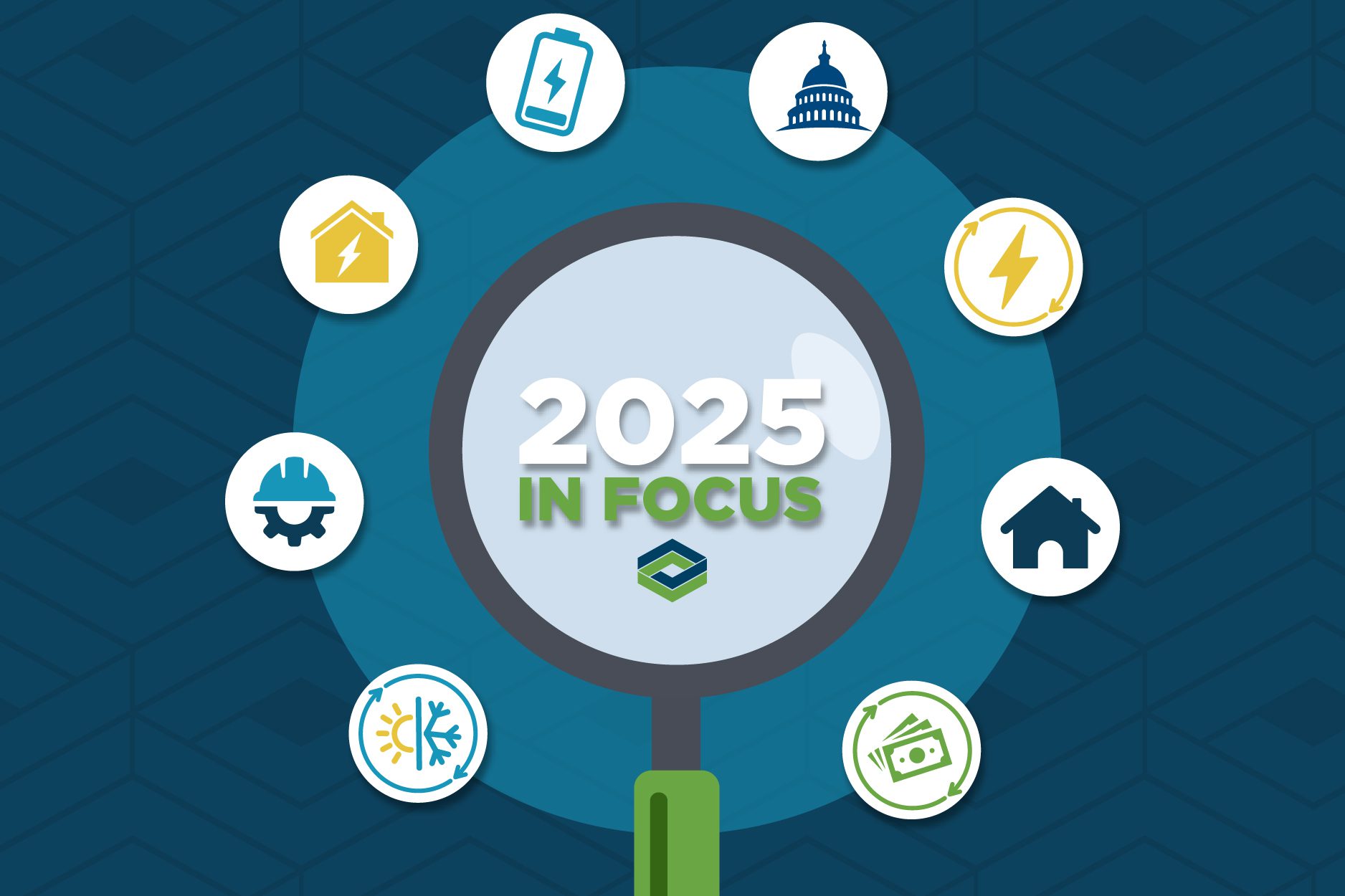May 12, 2022
Culture is the Fabric of Our Organization
The culture of a company is crucial to its success, and disconnecting it from its strategy puts that success at risk. A positive, giving culture attracts superior employees and drives their performance. Companies should aim to develop a culture of giving, where employees are proud of their work and feel supported. Attracting and developing the right people, communicating the company's purpose, and giving employees autonomy are important for keeping and attracting employees. Disengagement of employees is costly, and turnover rates are high. Companies should focus on creating a results-driven culture of trust to improve engagement and retention.
By: John Tooley

Businessman and author Philip Crosby is so right—the fabric of quality is the culture of the company; all else is woven into that fabric. A quote attributed to business management guru Peter Drucker says, “Culture eats strategy for breakfast.” The quote was made famous by Mark Fields, president at Ford Motor Company. Any company that disconnects its culture from its strategy is putting its success at risk. I have worked with companies that have a good strategy and tactics to match but have a poor culture. They have all failed. They have no hope of success unless they transform their culture. They hire good employees but die a slow death because the employees don’t feel valued or supported. Taking a good apple and putting it into a bushel of rotten apples leads to a predictable end.
Culture is a word for a group’s way of life. It means the way the group does things. Different groups may have different cultures. I define culture as an integrated pattern of human knowledge, belief, and behavior. Our knowledge develops our beliefs, and we act out those beliefs in our behavior. A positive, giving culture attracts superior employees, increases their happiness and their engagement, and drives their performance. It’s a workplace that people are passionate about. Our culture determines whether our company is a great place to work or a soul crusher. Great cultures take care of their people, and those people provide the kind of performance, attention to detail, and customer service that grows the organization.
I agree with Adam Grant, the author of Give and Take, A Revolutionary Approach to Success. Grant believes that there are three kinds of people—and, I would add, companies—givers, takers, and matchers. Giving, taking, and matching are the three fundamental styles of social interaction. Givers, takers, and matchers differ in their attitudes and actions toward other people. Takers tend to be self-focused, evaluating what other people can offer them. Givers are other-focused, paying more attention to what other people need from them. Matchers, on the other hand, strive to preserve an equal balance between giving and getting. One of these approaches tends to dominate in the culture of our company. Developing a culture of giving is the most transcendent approach; it leads us to aspire to something bigger than ourselves. We want our employees to be proud of their work, to feel good at the end of the day.
Attracting and developing the right people is vital. Simon Sinek, the author of Start with Why, says, “Loyalty is not built on features and benefits. Features and benefits do not inspire. Loyalty and long-lasting relationships are based on something deeper.” Communicating our purpose for what we do and finding others who share that purpose is critical in building an organization where people enjoy coming to work. The more transcendent the purpose of our company, the more our employees’ needs and values are consistent with that purpose, the more our employees will be proud of their work. Helping others master their work is the highest purpose we can strive for. If we strive to make our employees successful, we will be successful. Gallup asked an interesting question during a Work and Education survey. If you were to win $10 million in the lottery, would you quit your job? The percentage of Americans saying they would indeed quit after receiving this windfall has ranged from 31% to 44%. That means that at any point in time at least a third of your workforce would walk away from their jobs if they didn’t need their paycheck. Sobering thought, huh? Dan Pink, in his book Drive, says that in order to keep and attract employees we need to focus on three things —Purpose, Mastery, and Autonomy. In other words, give them a purpose greater themselves, help them to master their job (make them successful), and then trust them (give them autonomy) and set them free to do their job.
In Turn the Ship Around, Dave Market says to help them to become competent in their jobs and clearly understand your purpose. When our employees have mastered their jobs and share our purpose we can give them control. We no longer need to stand over them to make sure they do their jobs right. If we follow Dan Pink’s and Dave Market’s advice, we will see engagement rise, because it’s easy to commit to a workplace that trusts employees and is committed to their success.

Here’s some food for thought. Netflix and Virgin Air let their employees have as much vacation time as they want, when they want—and the companies still thrive. And many other result-driven companies take a similar approach. The overarching goal of these companies is the same: to create a results-driven culture of trust. There are many case studies of companies that take this same approach to business. Many employees fear absence as a sign of a lack of loyalty. For management to trust their people and be result driven rather than time on the job driven is a major change.
A study conducted by the Dale Carnegie Institute found that a great number of employees across the United States are not satisfied with their work or with their workplace. According to Reuters, U.S. job openings surged by nearly one million to a new record high in April 2022, while more people voluntarily left their employment. Disengagement of employees is costing us a great deal of money. The U.S. turnover rate in 2021 was a whopping 57.3%, based on data provided by the U.S. Bureau of Labor Statistics. According to Gallup, the cost of replacing an individual employee can range from one-half to twice the employee’s annual salary.
Gallup has been offering rewards for the best workplace for more than a decade. Each winner makes engagement central to its culture. Gallup Great Workplace Award winners look for what people really want from their careers and their lives—belonging, learning and growth, recognition, a great manager, and the opportunity to do what they do best every day—and then they find a way to give their employees just that. Forbes magazine has been searching for the best places to work for over 20 years. It has found that these companies have three attributes in common. Their employees feel that management trusts them, their employees take great pride in their work, and their employees feel great camaraderie for one another.
In short, it all comes down to culture. Tony Hsieh, CEO of Zappos, a billion-dollar company, wraps it up in one sentence. “Our belief is that if you get the culture right, most of the other stuff, like great customer service or building a great long-term brand, or empowering passionate employees and customers will happen on its own.”





